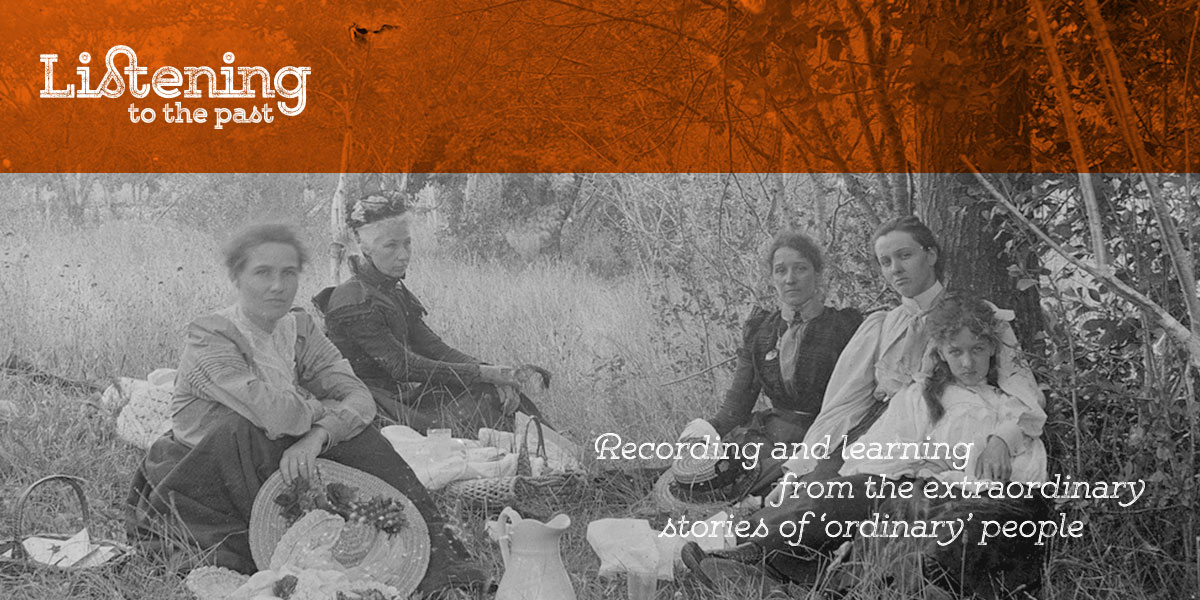With the announcement in December 2018 that Adelaide will be home to the new Australian Space Agency, it is timely to reflect on South Australia’s more than 70 year involvement in space activities.
Memories of Woomera
In 1947, the Australian Government established the town of Woomera in the Australian outback, to service a newly constructed rocket range. Woomera became one of only four launch sites in the world, and the second busiest after Cape Canaveral in the US. Research and development supporting the activities at Woomera were undertaken at the Weapons Research Establishment north of Adelaide (now Defence Science and Technology Group).
I have written previously about the memories of some of the people involved in activities at Woomera.
Watching rocket launches

For children growing up in Woomera, there was the unusual pastime of watching rocket launches. Susan Gibbs spent her childhood and teenage years in Woomera. Like most children there, she had little idea exactly what her father did because of the secret nature of the work. She recalled some of the opportunities she had as a child to watch the secret rocket launches, and how she knew they were going to happen.
I guess most of the launches were secret, but all the houses were – well particularly our house – were small and wooden and not very sound-proofed, and we were on the main street as well, so if your dad gets up to go to work at 2 o’clock in the morning, you just know that there’s some launches on…
And there were night launches. I remember my brother and I at one – at least on one occasion, probably more, we would climb up the tank stand – all the houses had a tank stand next to them – and once you climbed up the tank stand – they were corrugated iron so it was easy to get a foot-hold between the tank stand and the weatherboard house – and get on to the corrugated iron roof and then you just lay on the roof and watch a launch.
I remember at least on one occasion the launches were – as it [the rocket] went through, I presume through different atmospheric conditions, or at some predetermined times, it let off different colours… The sky turned different colours as it went through. It was actually like the sky turning colours, not clouds. It was really high. It was quite a spectacle and me and my brother were laying on the corrugated iron roof with our feet in the gutter to stop us from falling off the roof of the house and just watching as these colours appear in the sky as the launch happened…
Watching the launches from school
There was the school, at one stage, I remember the whole school being taken out and sat on the school oval and being told to watch the launch. Presumably another secret launch where the school got some notice of this historic event that we should all go and look at…
It was kind-of unwritten, okay thing to – if you could go out to one of the observation – if you could get a way to go out to one of the observation areas where they had big loud speakers that broadcast the countdown, you could get the time off school to go. So you could watch launches from out there. Often they weren’t that popular because you had to be there hours before, and then just wait and wait and wait because they would close all the roads for hours before the launch happened. And then sometimes you’d wait and it would be cancelled or delayed or whatever.”
A night out
It wasn’t just the children who watched rocket launches. Wives of those working at the range would also go to watch the launches, as Joan Zajicek recalls:
We used to go out and see the rockets go up…and we used to go and see the ones at night, you know, that were let off. Everybody’d travel out, miles, at night, just to see it go off. They were entertaining… It was quite exciting, you know, we always used to mentally lift the things off the, wherever they came off the ramp. It was a night out for all of us, sort of thing, and we always cheered when they finally went off, you know.”
Part of history – and the future
Sue Gibbs reflected:
I would like to say we knew we were part of history, but we didn’t really, because it was just – that’s what happened there… Launches were talked about and were certainly not uncommon so we had no idea that it was as special as it probably was.”
With Adelaide becoming the home of the Australian Space Agency, the state’s special role in the past and future of space-based activities should become better known, and a new generation will have greater opportunities to participate in space activities.
Excerpts from interviews with Joan Zajieck and Sue Gibbs are used courtesy of the State Library of South Australia (OH 1123/3 and 5) and with permission of Dr Susan Gibbs.

Interesting articles.